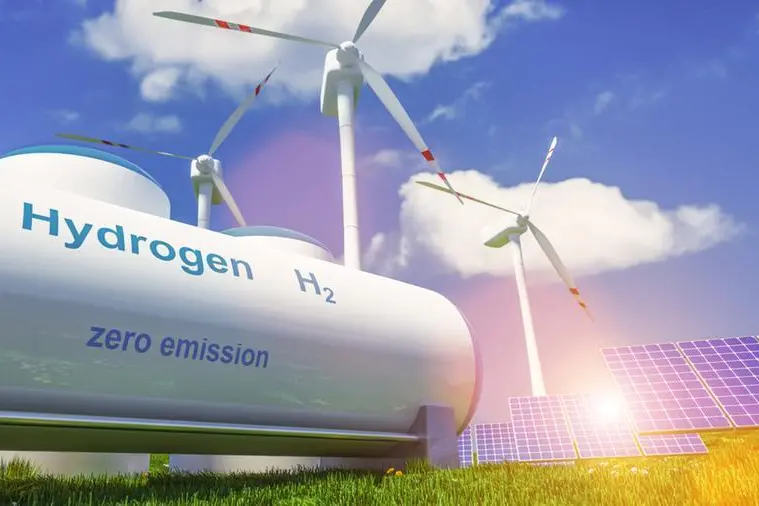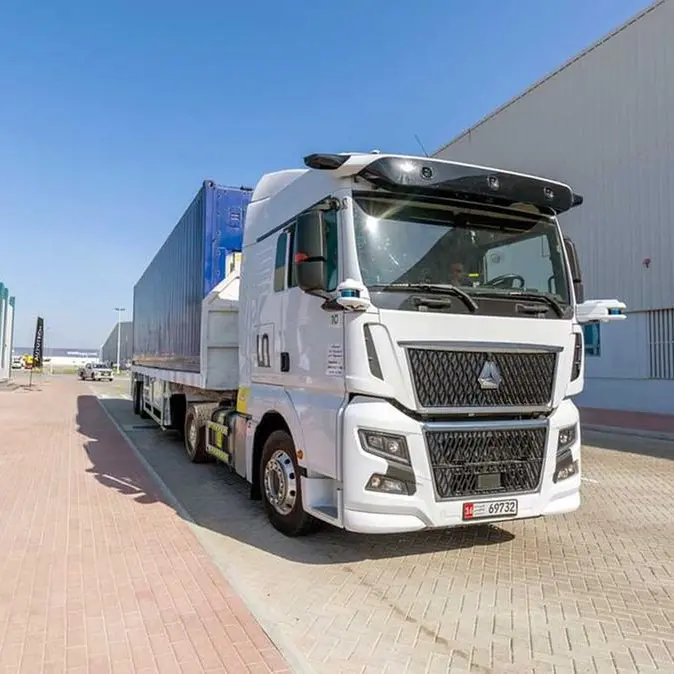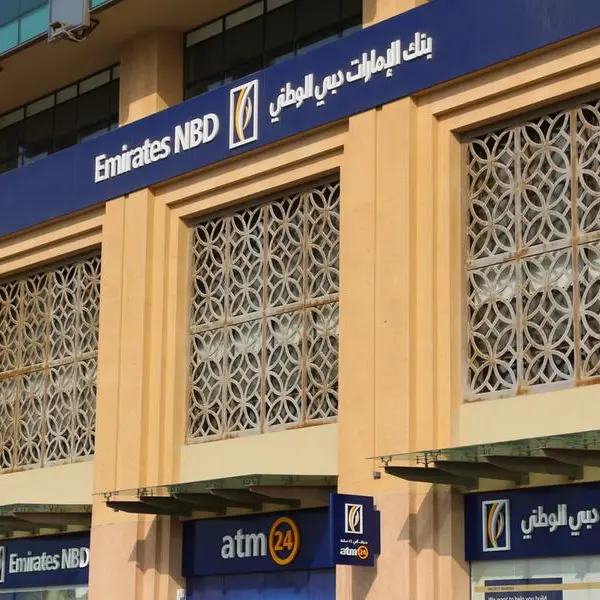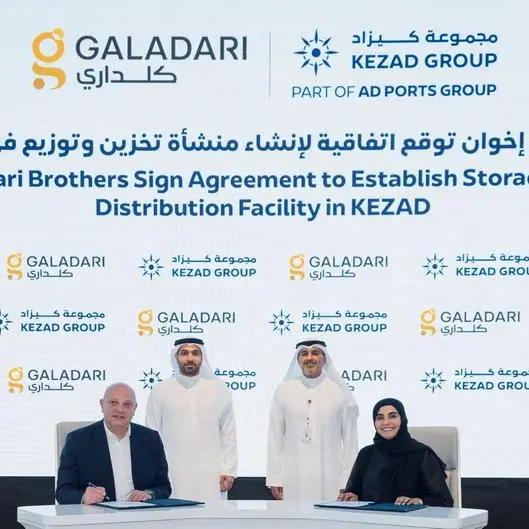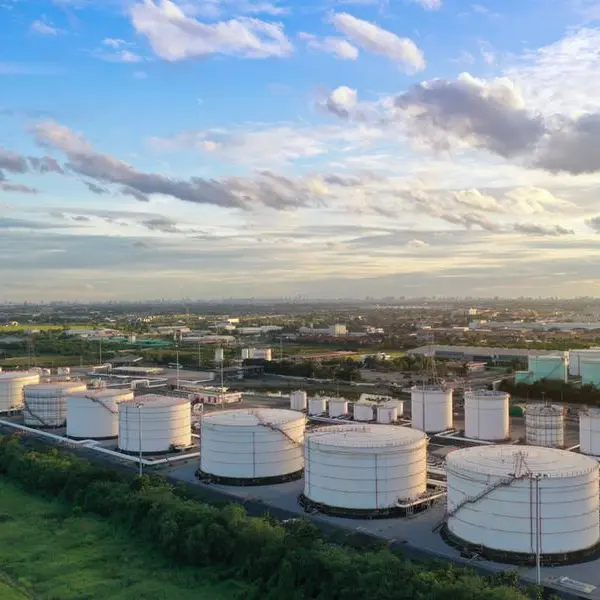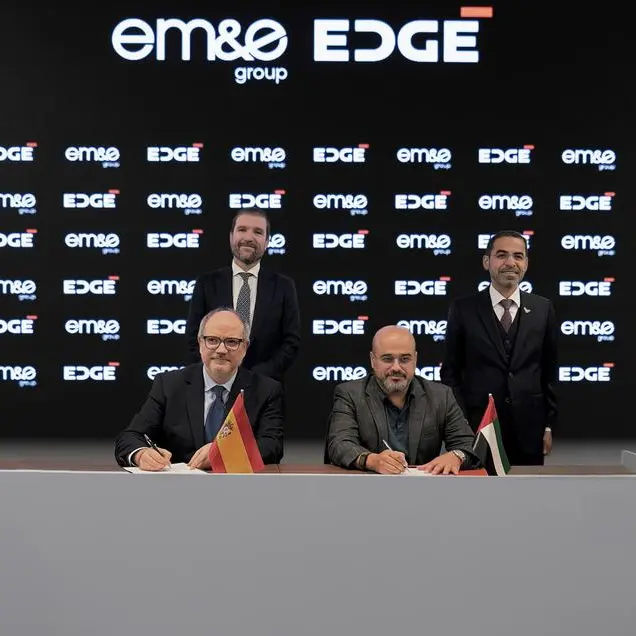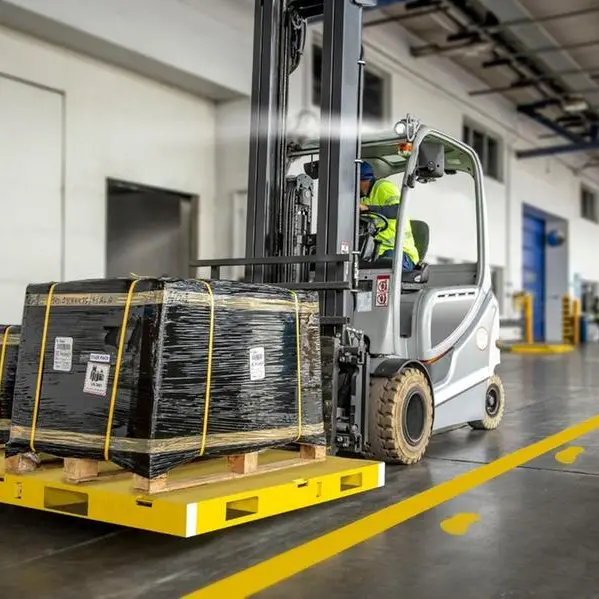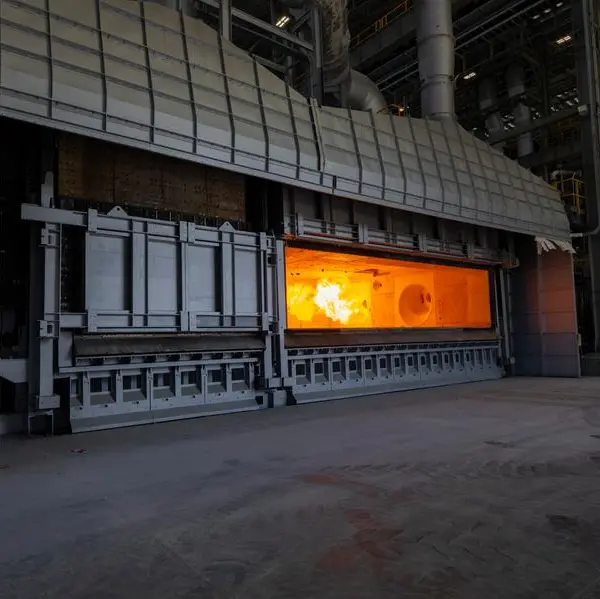PHOTO
Kenya and the European Commission released the country’s first green hydrogen strategy and roadmap during the ongoing Africa Climate Week at Nairobi, Kenya.
The strategy has laid out plans for developing the green hydrogen industry in Kenya in three phases 2023-2027, 2028-2032, 2032 and beyond.
During 2023-2027, the domestic market will be developed, and the first commercial scale green hydrogen projects are expected to be operational.
Kenya plans to produce 100,000 tonnes of nitrogen fertilisers substituting 20 percent of its fertiliser imports, and 5,000 tonnes of methanol per annum aiming for 100 percent import substitution locally.
About 150 MW of dedicated renewable capacity and 100 MW of electrolyser capacity is expected to be installed for green hydrogen production.
Other goals include developing policy and regulatory instruments and establish cooperation with international R&D centres.
Between 2028 and 2032 Kenya aims to produce 300,000-400,000 tonnes per year of green nitrogen fertiliser substituting 50 percent of its fertiliser imports and explore regional export opportunities for green fertilisers.
The strategy targets pilot projects in other sectors including baseload power and transport, and green shipping fuels to take off.
Additional capacity of about 350MW- 450MW for renewables and 150 MW-250 MW of electrolysers are to be installed for green hydrogen production.
Beyond 2032, the strategy aims to explore other green hydrogen applications like transport or green steel and further expand export opportunities for locally produced goods.
The strategy targets $1 billion in direct investments, create 25,000 direct jobs, and avoid at least 250,000 tonnes of carbon dioxide emissions per year.
Blended financing and innovative financial instruments will play a crucial role in spurring green hydrogen investments in Kenya, the strategy report noted.
In a separate press statement, the European Union announced it will commit almost €12 million in grants to leverage public and private investments in the Kenyan green hydrogen industry under the Global Gateway,
Overall, Global Gateway invests €3.4 billion in climate and nature in Kenya– from developing its renewable energy industry to building sustainable agricultural value chains to climate resilience and protecting the environment.
(Writing by Sowmya Sundar; Editing by Anoop Menon)
Subscribe to our Projects' PULSE newsletter that brings you trustworthy news, updates and insights on project activities, developments, and partnerships across sectors in the Middle East and Africa.
